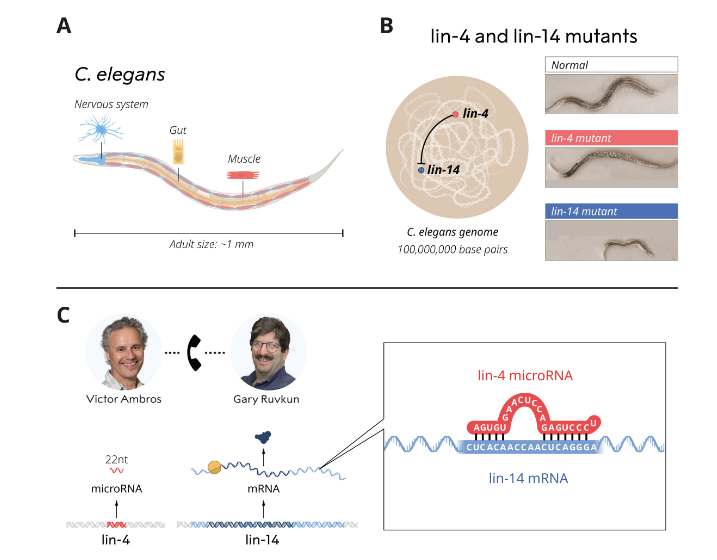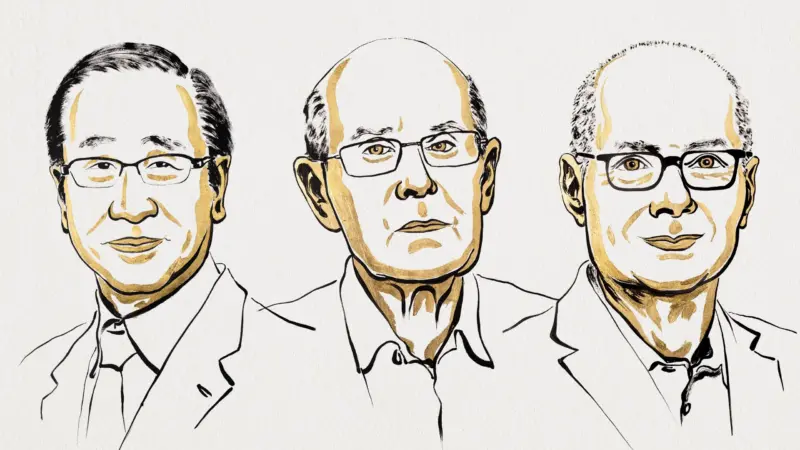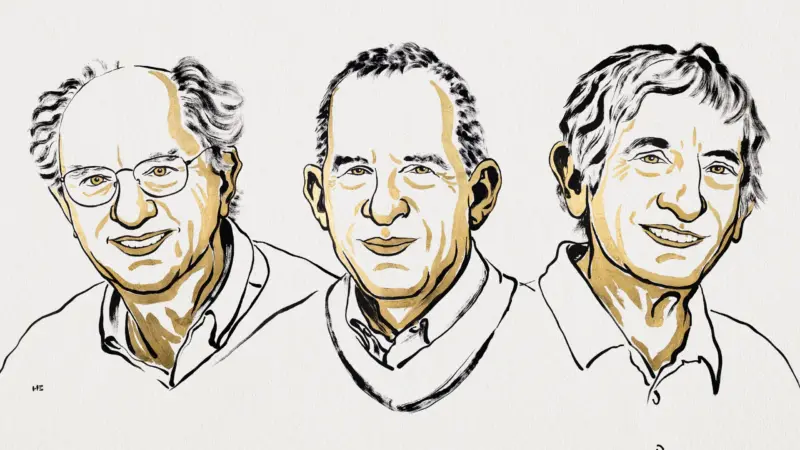Ambros & Ruvkun’s MicroRNA Breakthrough Wins 2024 Nobel Prize in Physiology & Medicine

October 7, 2024 – The Nobel Assembly at the Karolinska Institutet has announced the joint winners of the 2024 Nobel Prize in Physiology or Medicine. Victor Ambros and Gary Ruvkun have been honored for their revolutionary discovery of microRNA (not to confuse with mRNA) and its role in post-transcriptional gene regulation. This year’s Nobel Prize recognizes the fundamental principle that governs how gene activity is regulated, unlocking new insights into the development and function of multicellular organisms, including humans.
Revolutionizing Our Understanding of Gene Activity
Gene regulation is a complex process that allows cells to selectively activate the relevant instructions encoded within their chromosomes. Although every cell in our body contains the same set of genes, different cell types have distinct characteristics. Ambros and Ruvkun’s ground-breaking research revealed the existence of microRNA, a class of tiny RNA molecules that play a crucial role in gene regulation. This discovery proved to be essential for the development and functioning of all multicellular organisms.
The traditional understanding of gene regulation was based on the production of specific proteins through a process called transcription. However, in 1993, Ambros and Ruvkun published unexpected findings that described a new level of gene regulation. Their research focused on the roundworm C. elegans, which displayed defects in the timing of genetic program activation during development. The laureates identified the lin-4 microRNA, which inhibited the lin-14 gene. Further investigations led to the discovery of a new principle of gene regulation mediated by microRNA, a type of RNA that does not code for protein production.

(A) C. elegans served as a valuable model for studying how different cell types develop. (B) Ambros and Ruvkun investigated the lin-4 and lin-14 mutants, where lin-4 was identified as a potential inhibitor of lin-14. (C) Ambros discovered that the lin-4 gene encoded a tiny RNA called microRNA, which did not produce a protein. Ruvkun cloned the lin-14 gene, leading to the realization that the lin-4 microRNA sequence matched a complementary sequence in the lin-14 mRNA.
RNA plays different roles in protein synthesis, specifically during the transcription and translation stages:
- Coding mRNA carries genetic information transcribed from DNA in the form of strands, moving it from the nucleus to the cytoplasm where translation takes place. At this stage, ribosomes decode the mRNA sequences to produce proteins.
- Non-coding MicroRNA (miRNA), on the other hand, does not translate into a protein. It typically consists of about 21 nucleotides and is primarily involved in regulating the expression of various genes. miRNA plays a role in several biological functions, such as cell growth and the development of tumors (cellular proliferation).
From Skepticism to Universal Acceptance
Initially met with skepticism, their research gained recognition when Ruvkun’s group discovered another highly conserved microRNA, encoded by the let-7 gene, in 2000. It became evident that gene regulation by microRNA is universal among multicellular organisms, highlighting its profound physiological importance. MicroRNAs were found to be involved in various cellular mechanisms, including inhibition of protein synthesis and mRNA degradation. They can regulate the expression of multiple genes and orchestrate entire networks, contributing to the development and function of organisms.
Ambros, born in Hanover, New Hampshire, USA, in 1953, received his PhD from MIT in 1979 and currently serves as the Silverman Professor of Natural Science at the University of Massachusetts Medical School. Ruvkun, born in Berkeley, California, USA, in 1952, completed his PhD at Harvard University in 1982 and is now a Professor of Genetics at Massachusetts General Hospital and Harvard Medical School.
The Nobel Prize in Physiology or Medicine, awarded by the Nobel Assembly at the Karolinska Institutet, recognizes scientists who have made significant discoveries benefiting humankind. Ambros and Ruvkun’s seminal research on microRNA has shed light on a new dimension of gene regulation that has far-reaching implications for understanding the development and function of complex organisms.
Here is the official press release: The Nobel Prize in Physiology or Medicine 2024






